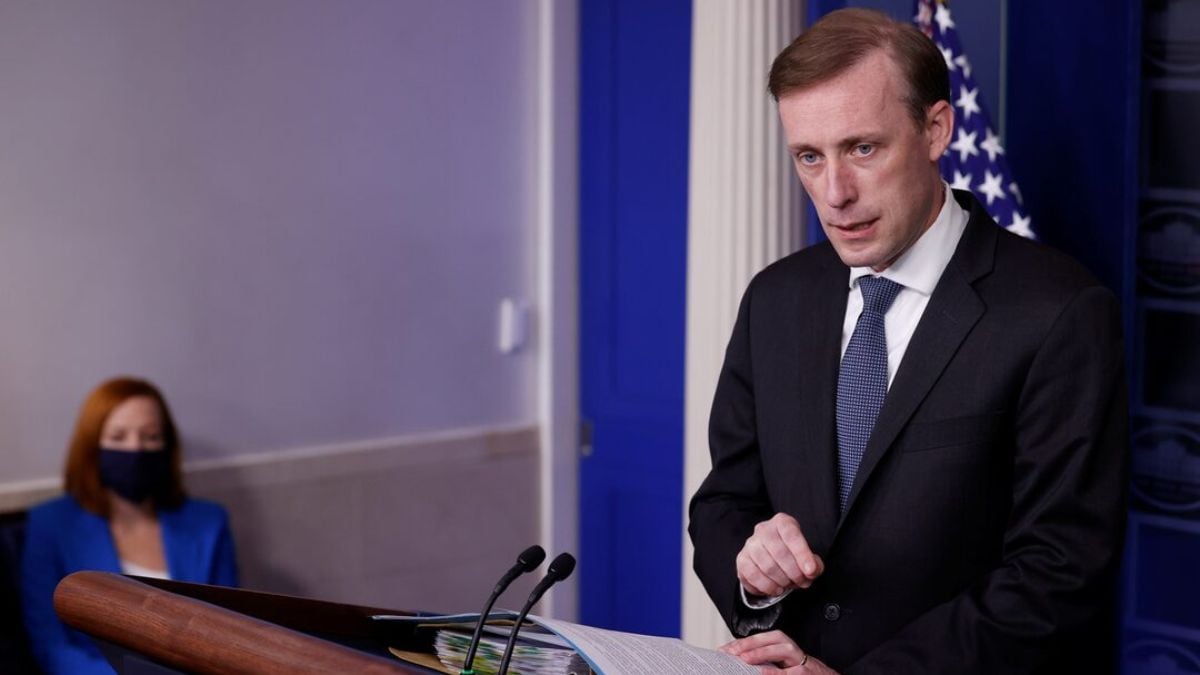North Korea has so far been largely silent on the domestic turmoil that took hold of South Korea after President Yoon Suk Yeol declared martial law last year. However, the US is of the view that Pyongyang could exploit this internal chaosread more
US National Security Adviser Jake Sullivan warned Friday (January 10) that North Korea could attempt to exploit domestic political turmoil in South Korea.
Speaking at a briefing on the outgoing Biden administration’s Asia policies, Sullivan reaffirmed the strength of the US-South Korea alliance despite recent challenges in Seoul.
He addressed last year’s controversial declaration of martial law by South Korean President Yoon Suk Yeol, calling it “shocking and wrong” but expressing confidence in South Korea’s resilience as a democracy.
He also said that it is in Washington’s interest to support stability in its ally.
In December, in an interview with political scientist Ian Bremmer, Sullivan had said, “I think it’s important for us to recognise that dramatic events happen even in highly advanced, consolidated democracies. And the real test is, can the democratic institutions hold at the end of the day, even if they bend.”
And if you look at those dramatic moments in South Korea, with protesters pushing aside the guns of the troops that were deployed to block the National Assembly so that the assembly couldn’t go in to repudiate the declaration of martial law; if you look at the fact that, actually, now the processes are working, they’re going through their paces — it was quite a moment and something that I think we’re not entirely out of the woods on[…]But the institutions in South Korea are holding.”
On Friday, Sullivan also expressed concern over the denuclearisation efforts on the Korean Peninsula being headed in the wrong direction– a reference to North Korea’s expanding nuclear weapons program.
Earlier this week, Khaled Khiari, Assistant Secretary-General for Peacebuilding and Political Affairs, reported to the United Nations Security Council that Pyongyang is advancing its military capabilities under its five-year development plan, now in its final year.
The plan includes tactical nuclear weapons, “super-large” nuclear warheads, intermediate and long-range ballistic missiles, military reconnaissance satellites, and a nuclear-powered submarine, according to Khiari.
With inputs from agencies
